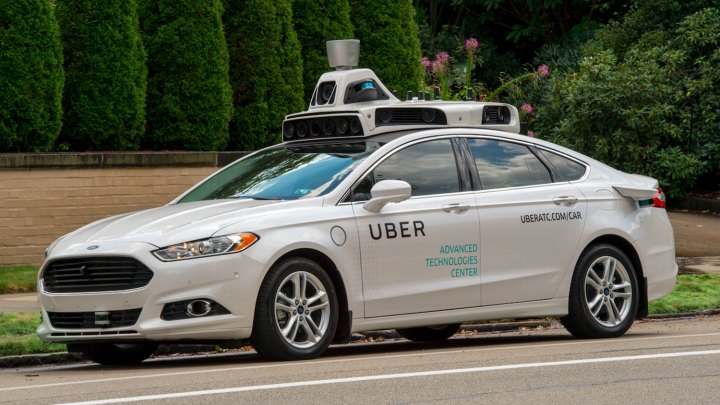
The ridesharing company plans to open a facility in Detroit, Michigan, according to Automotive News (subscription required). Sherif Marakby, Uber vice president of global vehicle programs, reportedly mentioned these plans at a recent event hosted by the Society of Automotive Engineers (SAE) in the Motor City. A Detroit outpost could help facilitate partnerships with the automakers and suppliers that are vital to Uber’s autonomous-car efforts.
Marakby said Uber plans to work with Tier 1 suppliers, the companies that supply parts directly to automakers, rather than design major hardware components itself. Along with Pittsburgh, Detroit could also become a testing ground for Uber’s autonomous ridesharing service. Michigan is one of a handful of states that has explicitly legalized the testing of self-driving cars on public roads.
Read more: Ford engineers will work at new University of Michigan robotics lab
The home state of Ford, General Motors, and Chrysler is attracting more interest from companies developing autonomous cars. Earlier this year, Faraday Future discussed plans to test self-driving cars in the state. Google will open a Michigan outpost as part of its collaboration with Chrysler. And Ford is testing its own autonomous cars near its headquarters in Dearborn, and at the University of Michigan’s “Mcity” facility in Ann Arbor.
The Pittsburgh pilot program, which launched last week, uses modified Ford Fusion sedans built by Uber. Each car travels with a human driver behind the wheel as a backup, and is assigned to randomly pick up passengers who have agreed to participate in the program. Rides are free for the time being.
Uber also has an existing partnership with an automaker, but not one that hails from Detroit. Volvo has an agreement to provide cars as platforms for future Uber autonomous vehicles, and the two companies have pledged a combined $300 million to joint research efforts.
Editors' Recommendations
- Tesla Autopilot vs. full self-driving: What’s the difference?
- Beleaguered robotaxi startup Cruise lays off quarter of workforce
- Cruise woes prompt production halt of fully driverless van
- Dubai Police to deploy driverless patrol cars with AI smarts
- Waymo expands robotaxi service area in San Francisco

